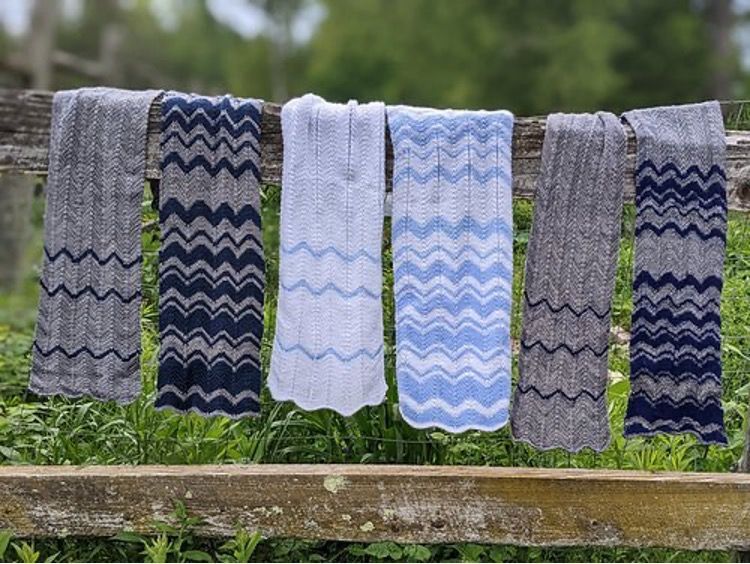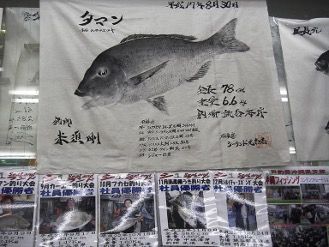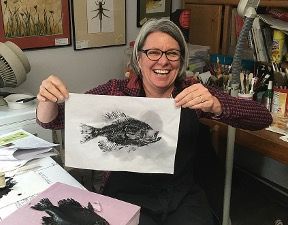Visual SciComm Conference 2025
Workshops
One of the biggest values and most enjoyed features of your Conference are the Workshops that are offered in the second half of the week. Covering both digital and traditional art and illustration, there will be many options to choose from.
Refine your techniques or explore an entirely new genre of creative expression. There are half-day, full-day and 2-day workshops available.
Nothing expands the mind and fills the soul like the learning process.
The workshops are hands-on and are taught by knowledgeable instructors, both GNSI members and teachers from outside the Guild. Join a workshop and alongside fellow attendees, absorb the knowledge and learned experienced of the instructor and other students. Use that to evolve your art and illustration.
Registration and waitlist
To register for the workshops, please register at conference registration form (Opens on April 5th, 2025).
If the workshop you are interested to attend is full, please send us an email at conference@gnsi.org to be added to the waiting list.
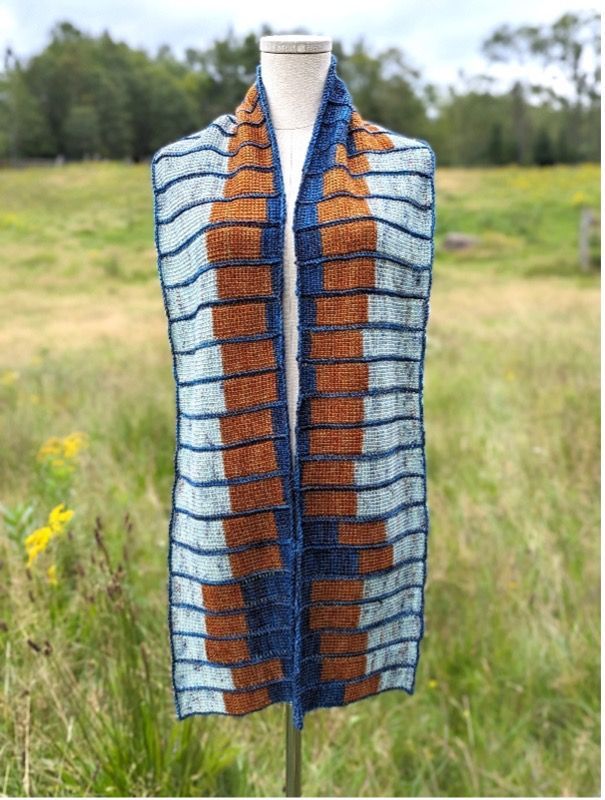
Osgood - a representation of anthropogenic and natural sound levels recorded next to the Osgood River in the Adirondack Park. Michale Glennon, merino wool, 2023
WS 01 - Half Day
Data Art for Yarn Lovers:
Science Education through Fiber Art
Date:
Thursday, July 17
Time: 8:00 AM – 12:00 PM
Participants: Min. 5 – Max. – 15
Instructor: Michale Glennon
Michale Glennon is a fiber artist from Paul Smith’s College Adirondack Watershed Institute in the Adirondack Mountains, upstate New York.
Cost: $60
The goal of this workshop is to teach how to create knitting, crochet, and other fiber art projects that represent scientific data in beautiful and approachable ways, using Wool and Water as an example. Wool and Water is a project of the Paul Smith’s College Adirondack Watershed Institute, that blends fiber art with science to visually represent changing water quality conditions in the Adirondacks and Lake Champlain Basin. After an overview of the project, I will use examples from Wool and Water and from other artists to explore various ways to visualize data with yarn crafts. I will also touch on where to find data and how to get involved with Wool and Water as a crafter, and to access datasets that may be more relevant in other regions. This program will be a combination of lecture, show and tell, and question and answer formats, and is geared towards current knitters, crocheters, and other “yarn nerds” who want to learn how to design projects around visualizing data.
Michale will bring examples from the project, handouts, yarn and other materials that are used for illustrative purposes. Possibly also materials for a short, hands-on exercise using wool felt balls.
Participants will learn about Wool and Water – an example of how to convey scientific information through the arts. They will also learn about ways to convey scientific information and data through knitting, crochet, and other yarn arts, as well as how to access data that may be useful for creating their own projects.
Students will learn about the value of this and other collaborative and participatory approaches to craftivism, how they can energize and interest a variety of audiences, and how they can inspire action.
Participants can bring their own knitting/crochet/yarn projects in progress if they would like.
For more info: adkwatershed.org/wool-water
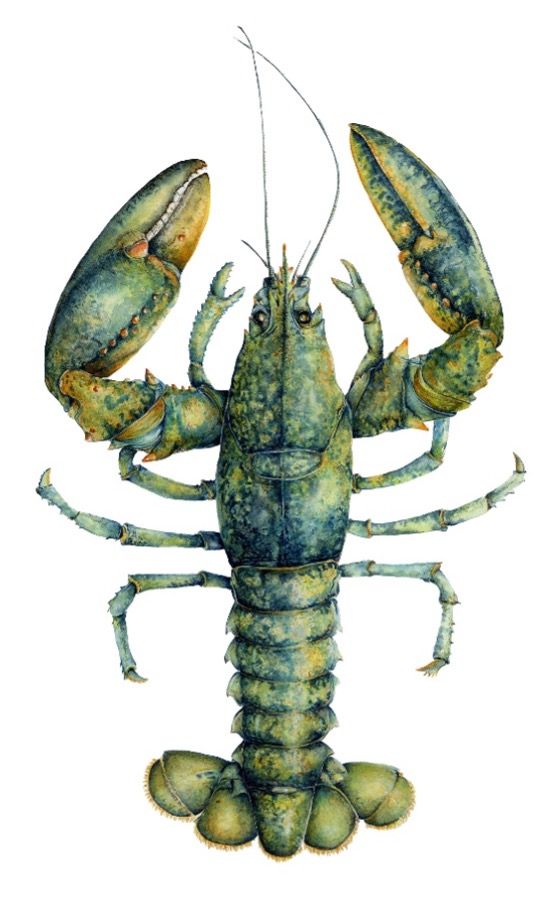
American Lobster, Regina Gardner Milan, Watercolor, 2023
WS 02 - Half Day
Watercolor Painting Techniques, Tools, and Tips:
A Creative Workshop
Date:
Thursday, July 17
Time: 1:00 PM – 5:00 PM
Participants: Min. 5 – Max. – 15
Instructor: Regina Gardner Milan
Cost: $60
Regina Gardner Milan is a designer, educator and artist.
She runs a graphic design firm, teaches Design at UMASS Lowell, and is also a painter.
After twenty years of training, she is happy to share all of the techniques, tricks and tips that she has learned during the extensive training! Whether you're a beginner or looking to refine your skills, this workshop will introduce you to techniques, tools, and tips to elevate your artwork.
What to Expect:
- Watercolor Basics: Learn about the different types of paints, brushes, paper, as well as to understand how each tool affects your painting style.
- Techniques & Methods: Dive into key watercolor techniques like wet-on-wet, wet-on-dry, gradients, painting white on white, and reflective color. You’ll also explore achieving various effects like layer washes and lifting. We will also have a Q & A session to answer your questions.
- Practical Tips: Get expert advice on handling everyday challenges like controlling paint flow, achieving smooth gradients, and avoiding muddy colors. Plus, learn how to troubleshoot and fix mistakes and the best tools.
- Exploration of tools: With guided exercises and plenty of room for experimentation and testing new methods, you'll have time to create your own watercolor artwork, applying what you've learned in an educational and supportive environment.
By the end of the workshop, you’ll walk away with a solid understanding of new techniques, an expanded skillset, and the confidence to fix mistakes and try new ideas.
Demonstration materials provided. However, bring your own favorite brushes, tools, watercolor palette, and practice paper. Come ready to explore and experiment.
For more information:
https://reginamilan.com
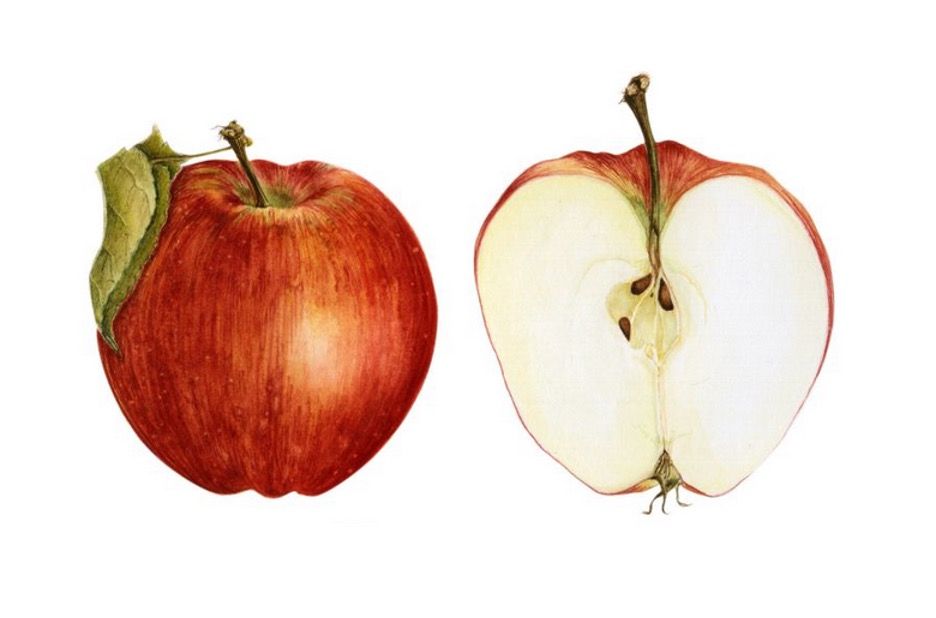
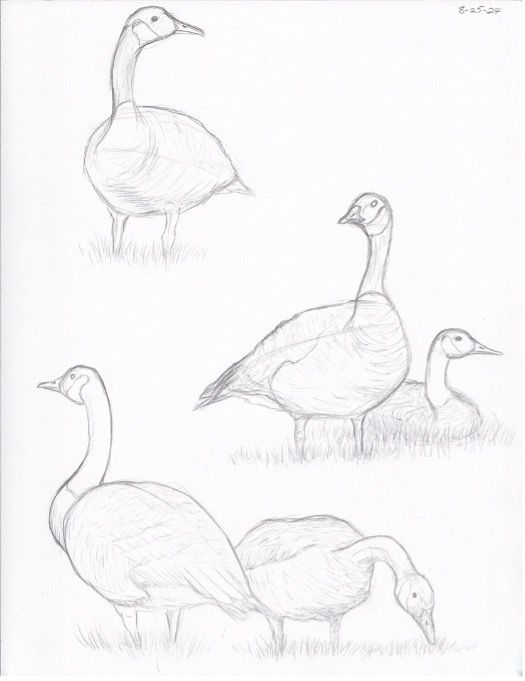
Canada Geese Sketch, Rick Simonson, Graphite, 2024
WS 03 - Full Day
Scientific Sketching
Date:
Thursday, July 17
Time: 8:00 AM – 5:00 PM
Participants: Min. 5 – Max. – 24
Instructor: Rick Simonson
Cost: $120
Rick Simonson from Nebraska is a long time Guild member, a previous biologist, and the owner of Science Lab Studios. He will be teaching a comprehensive workshop focusing on the process of sketching in scientific illustration.
We will discuss the importance of sketching and learn how to use it to improve the quality and speed of illustrating. Participants will learn to use a step-by-step process to go from a blank page to a refined sketch that contains all the important details needed to ultimately create a finished illustration. Some of the concepts to be covered include sketching workflow, sketching specific scientific subjects, fast sketching moving objects, sketching with color using reference material, and sketching for client work.
Participants will learn how to sketch quickly and accurately, including moving subjects, and how to use sketching in an illustration workflow.
Participants should bring the following:
- Pencils (mechanical or drawing pencils)
- Eraser
- Markers or watercolor paint and brush ink pens
- Sketchbook or another type of paper
- Tracing paper
- Bristol board
For more information: https://www.scilabstudios.com/paleontology
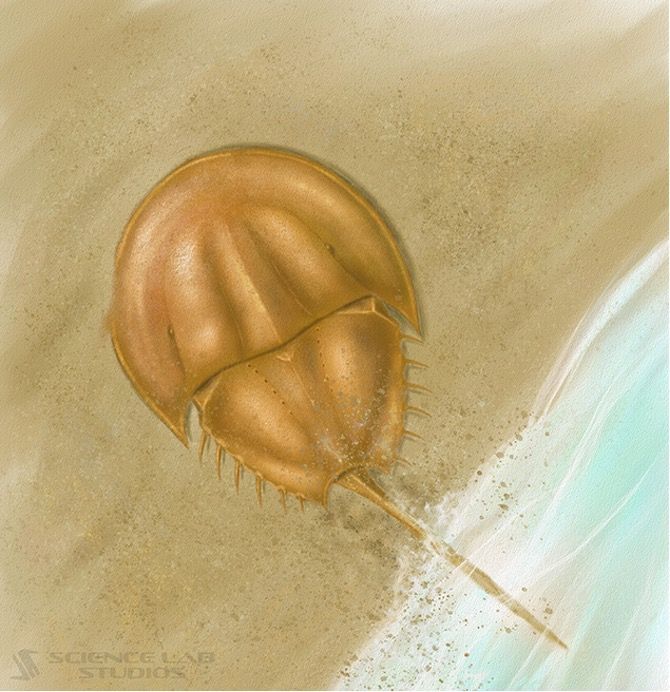
Horseshoe Crab moving onto the shore, Science Lab Studio illustration, Rick Simonson
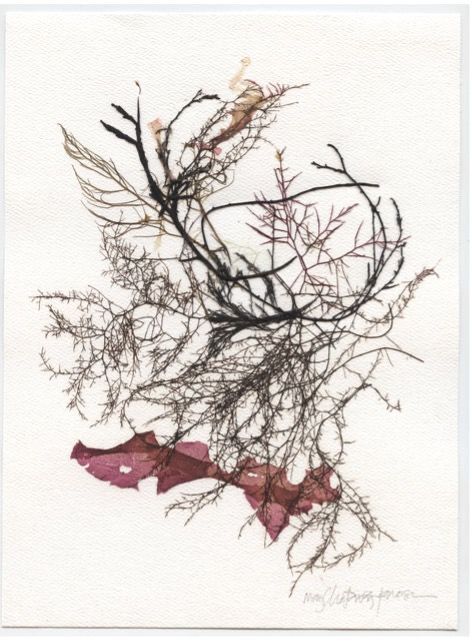
Seaweed Pressing, Mary Chatowsky Jameson
WS 04 - Full Day
Seaweed and Cyanotype,
The Art of Seaweed
Date:
Thursday, July 17
Time: 8:00 AM – 5:00 PM
Participants: Min. 5 – Max. – 15
Instructor: Mary Chatowsky Jameson
Cost: $120 + $ 35 materials fee*
*Materials fee will be collected directly by the instructor at beginning of the workshop.
Mary Chatowsky Jameson is the owner of Saltwater Studio in Newport, Rhode Island. She is an artist who explores the marine environment for inspiration in her artwork.
In this eco-based workshop you will be combining the processes of cyanotype and seaweed pressing to create unique works of art on paper.
Seaweed Pressing is an art form that dates back to the Victorian Era and has direct ties to coastal towns around New England. Native seaweed is collaged onto paper and flattened in special kits that allow the seaweed to bind into paper with its own adhesive.
Cyanotype is a technique that involves laying objects on paper coated with a light sensitive emulsion and exposing it to UV light. The objects block the rays from exposure and when the paper is developed in a water bath, it leaves white impressions while the rest of the paper shows different shades of blue.
Mary will demonstrate both these processes and teach techniques in combining the two for truly unique works on paper.
You will be using dried seaweed and other materials, mostly sourced from nature, to create our prints.
“In my current body of work, I am exploring marine algae as a contemporary art form. I collect specimens and organic matter from the intertidal zones along the coast. Back at the studio, I study the shape, texture, and color of individual species and start a process of symbiotic layering to create new forms. At times I do not combine specimens but am responding to the essence of an individual piece of alga. It may be an essence that embodies the ocean, the unique properties of this organism, or simply my relationship to it at the moment. A key concept with my work is transformation. As I create new forms, the known and unknown intersect in a dynamic way to challenge thought patterns. For most people, seaweed is a nuisance – something to avoid. My work presents a new awareness for consideration and offers new insights into the mysteries and beauty of the marine world.”
For more information: https://saltwaterstudionewport.com/pages/about2
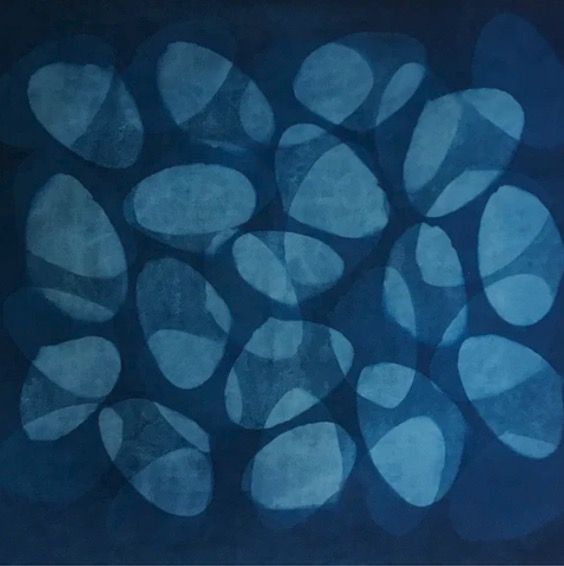
Sea Clams - Cyanotype, Mary Chatowsky Jameson
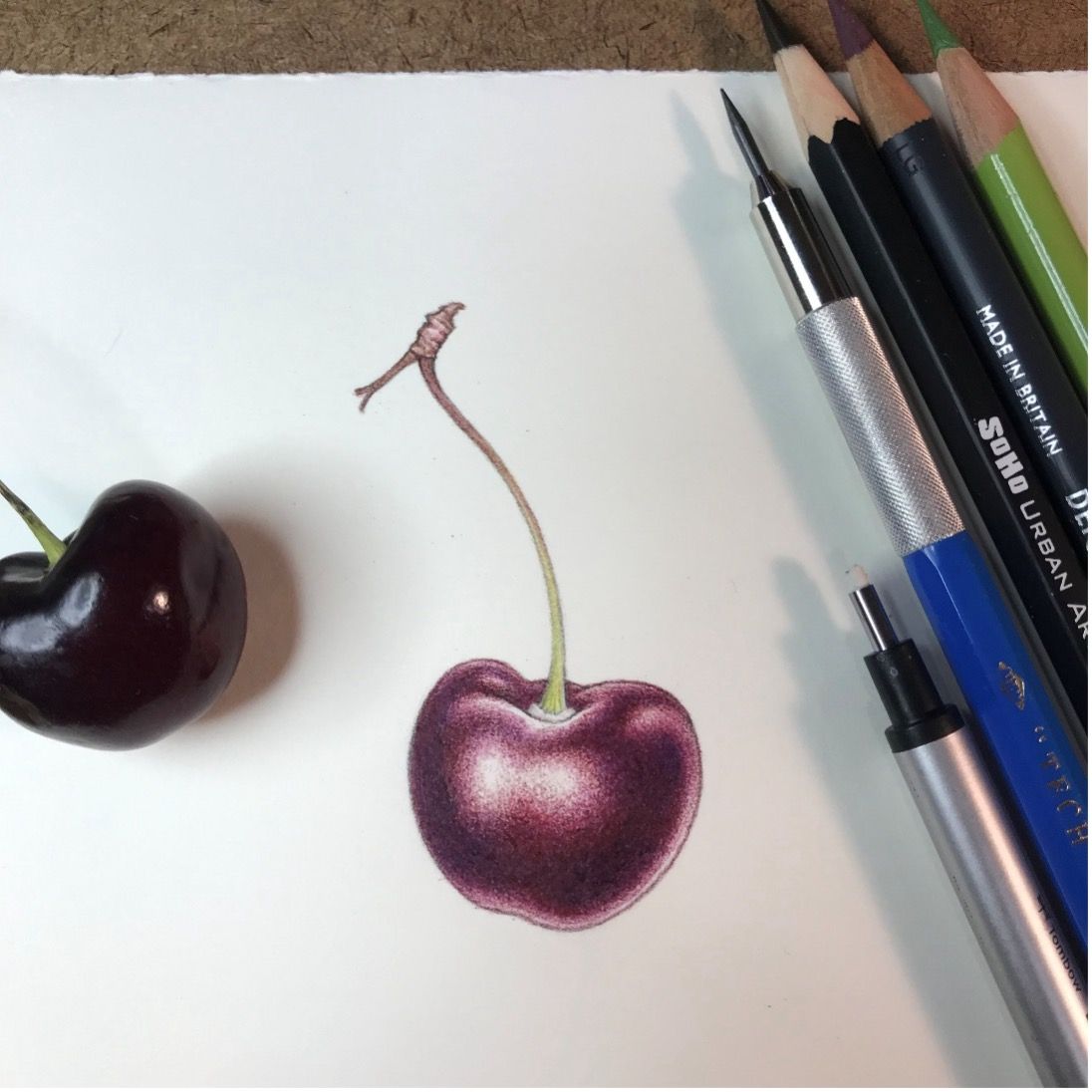
© Dolores R. Santoliquido
WS 05 - Two Day
Painting Natural Science Subjects
Date:
Thursday, July 17 – Friday, July 18
Time: 8:00 AM – 5:00 PM
Participants: Min. 5 – Max. – 15
Instructor: Dolores R. Santoliquido
Cost: $240
The use of acrylic and colored pencils results in illustrations that have a great reproductive quality and luminosity. The instructor will give hands-on demonstrations and will thoroughly explain the technique of layering glazes of color pencil and acrylic paint to produce transparent renderings. This technique allows for incredible detail.
Participants will work with their chosen natural science subjects. Please bring your choice of subject matter to paint—shells, insects, a small plant, or similar small to medium-sized objects of interest.
Students will learn to apply alternating glazes of media to achieve a vibrant highly saturated color to their strata, how to achieve a great amount of detail using dry-brush, and will work on composition of the subject matter to create a final image full of interest and detail.
Dolores will bring paper towels, tracing paper, and extra cups for water. Students need to bring their own supplies. She is willing to supply paint for students.
Materials to bring:
- Pencil sharpener, Pencils: 4B, 2B, HB, 2H, and 4H
- Kneaded Eraser
- Precise Clear Plastic Ruler
- Dividers (optional)
- Masking Tape;
- Magnifying Glass or Loop
- Round Watercolor Brushes (recommend 1, 4, and 6)
- White Paper Towels
- Plastic Containers for Water (yogurt cups)
- Support to Hold Specimen
- 140 lb Hot Press Water Color Paper
- Acrylic Paint (Liquitex Tube) - Titanium White,Carbon Black (Golden), Cool Yellow, Warm Yellow, Cool Blue, Warm Blue, Cool Red, Warm Red,
Orange (Optional), Purple, Burnt Sienna, Burnt Umber, Hookers Green, Permanent Gree - High Quality Color Pencils (minimum set of 24)
- Enamel Butchers Tray (absolutely necessary)
- A lamp is highly recommended as an additional source of light for your desk
For more information: https://www.visualimpactweb.com/Gallery/categories/dolores-r-santoliquido
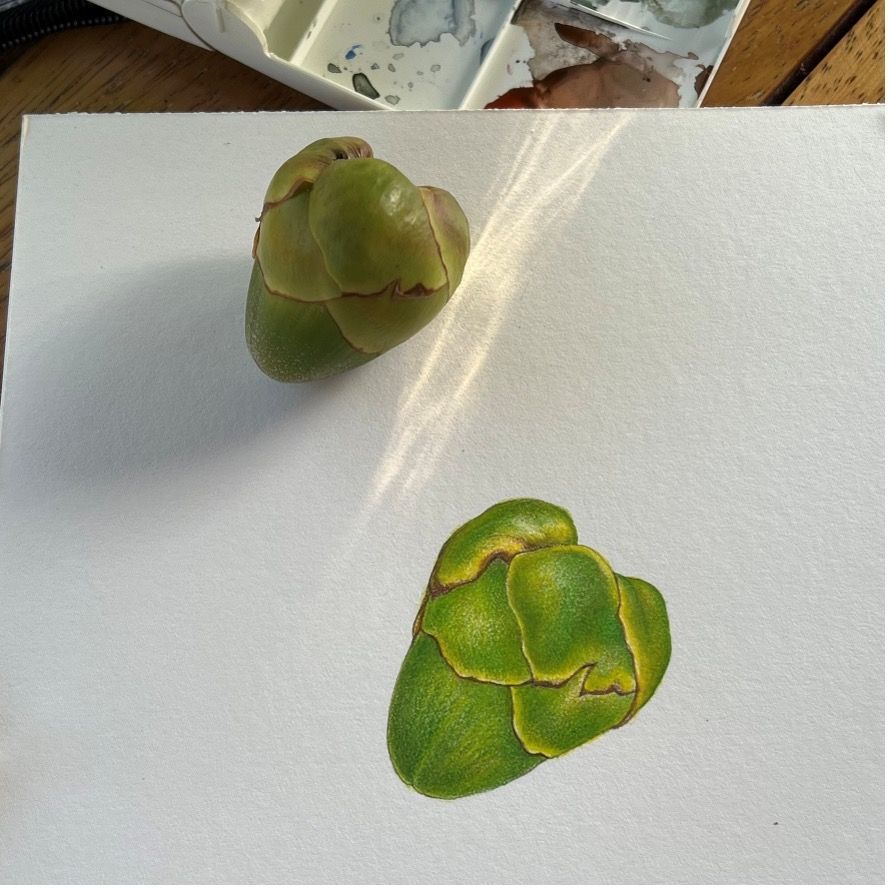
© Dolores R. Santoliquido
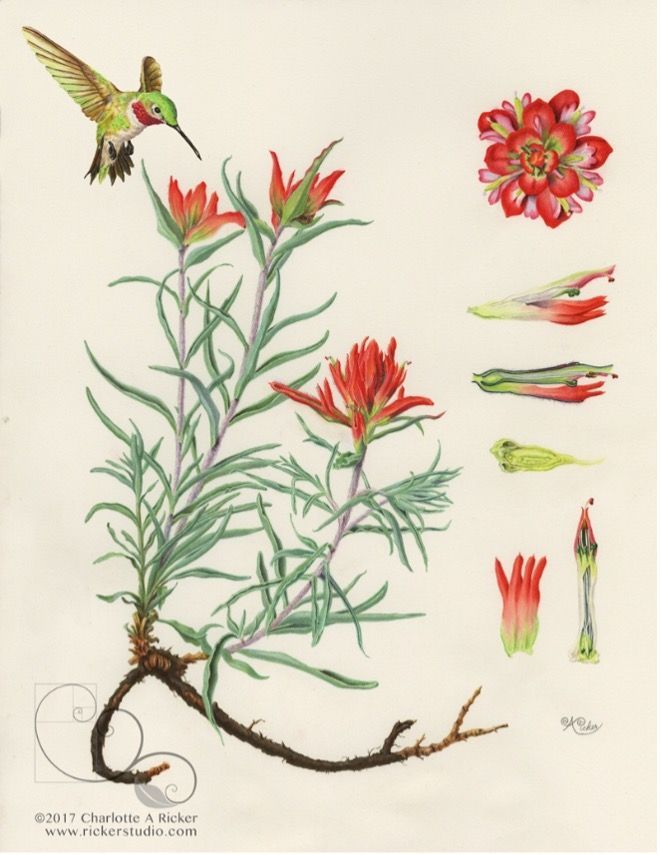
Indian Paintbrush & Broad-Tailed Hummingbird, Charlotte Ricker
WS 06 - Two Day
Sunflowers in Mixed Medium
Date:
Thursday, July 17- Friday, July 18
Time: 8:00 AM – 5:00 PM
Participants: Min. 5 – Max. – 15
Instructor: Charlotte Ricker
Cost: $245 (includes $5 materials fee)
Celebrate summer! Learn to draw sunflowers with accuracy, by understanding the basic morphology of this complicated plant and techniques for capturing the Fibonacci pattern in its flower head. Experiment with mixed media techniques, using watercolor, colored pencil and gouache to capture accurate form, color, and details. Research the pollinators that allow this species to survive and techniques for rendering bees and butterflies with a variety of tools and techniques.
Participants will learn how to draw complex flower structures with accuracy.
Day one will be spent drawing the sunflower and leaves from different angles, focusing on foreshortening. Participants will learn about the Fibonacci spiral, using a grid to layout the arrangement of florets. We will research pollinators and learn strategies for drawing bees and butterflies from preserved specimens and photographs.
Day two will be spent learning how to use gouache, watercolor and colored pencil to capture accurate coloration and details of this complex and beautiful plant.
Materials provided:
- Liquid frisket
- Frisket pick-up
- Toned gray paper (pad or single sheet of gray paper)
- Removable adhesive: Sticky-tac (recommended brands: Blu-Tak or UHU)
- Palettes for mixing watercolor (plastic or ceramic palette with wells)
- Blue painter’s tape
- X-acto knife
- Paper towel (VIVA brand works well for absorption).
Participants should bring :
- Papers:
- Arches watercolor paper - 22x30 140# hot press (bright white or natural white)
- Tracing paper (11x14 pad) OR 12” roll of tracing paper
- Sketching Supplies:
- Sketchbook 11x14 mixed media
- Graphite pencils (variety of hard and soft pencils - at least 3 pencils: 2H, HB, 2B
- Tombow Mono eraser (retractable pen style) OR set of 6 graphite pencils with Tombow Mono Zero retractable eras
- Kneaded eraser
- White eraser (block)
- Pencil sharpener for graphite and colored pencils Recommended for colored pencils M+R brass round double-hole pencil sharpener
- Higgins Black Magic Ink
- Speedball Pen and Nib set – sketching
- Pigma Micron pens (005, 01, 03)
- Colored Pencil Supplies:
- Prismacolor colored pencil - set of 24 or 36 (or other favorite brand)
- Colorless blender
- Watercolor Supplies:
- 6-12 small tubes of water color paints (recommended brands: Winsor Newton - Cotman student grade or professional tubes or Daniel Smith)
- OR - - individual 5ml tubes of watercolor Recommended colors: Ultramarine blue, Cerulean blue, Winsor blue, Permanent rose or Quinacridone magenta, Cadmium red, Cadmium yellow pale or Winsor yellow, Cadmium yellow, Yellow ochre, Burnt sienna
- Gouache Supplies:
- Permanent white gouache
- Brushes & Miscellaneous Wet Media Supplies:
- Brushes – inexpensive, soft, synthetic brushes meant for watercolor [Recommended brands: Winsor Newton Sceptre Gold II, Protégé or Princeton 4050 series, Princeton SNAP! or Simply Simmons synthetic; Recommended sizes: one small round (#0, 1 or 2) one medium round (#4 or 6)]
- 2 medium water containers
- Smart phone, tablet or laptop to pull up reference photos of sunflowers
For more information: https://www.rickerstudio.com
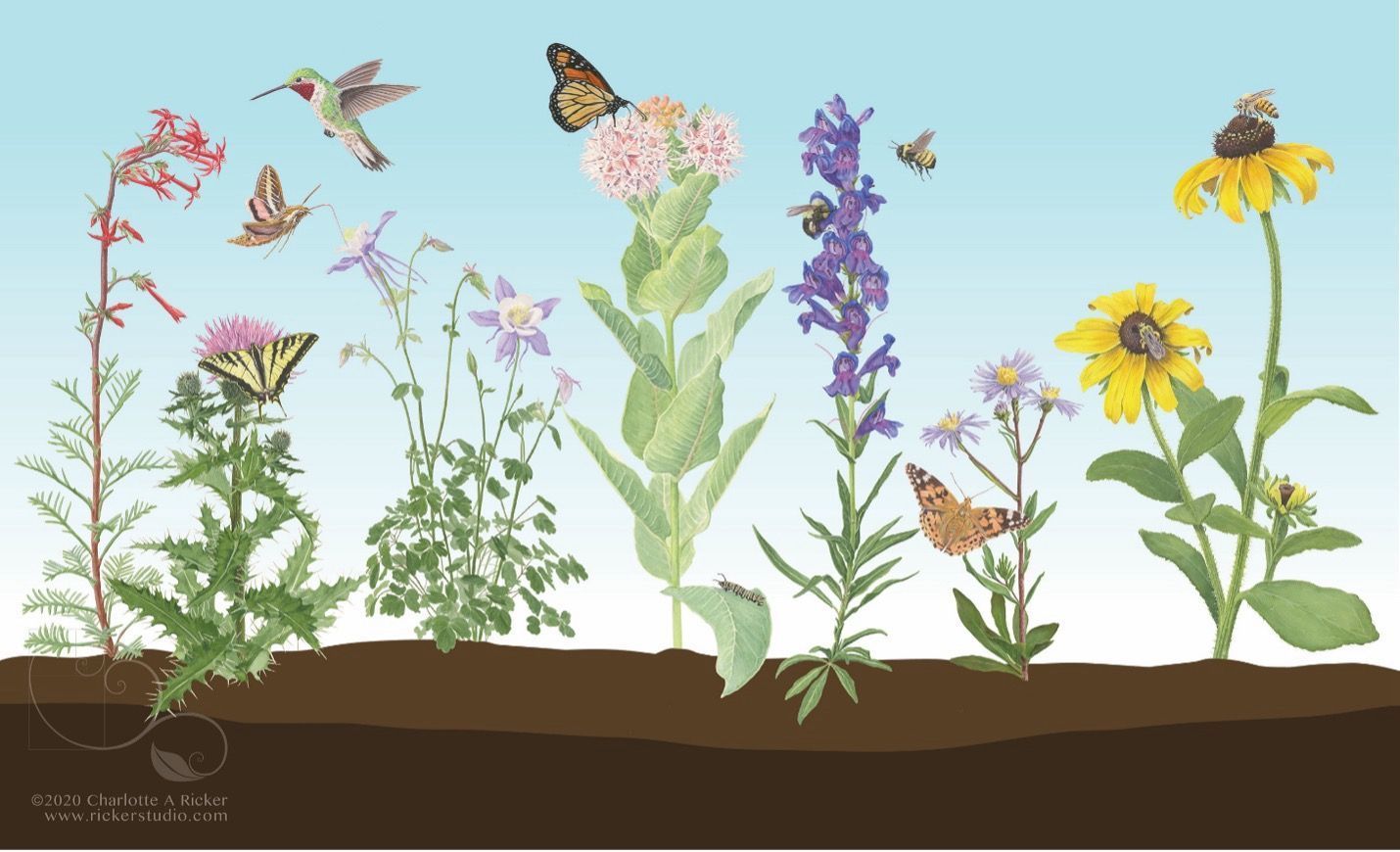
Colorado Native Plants & Pollinators, Charlotte Ricker
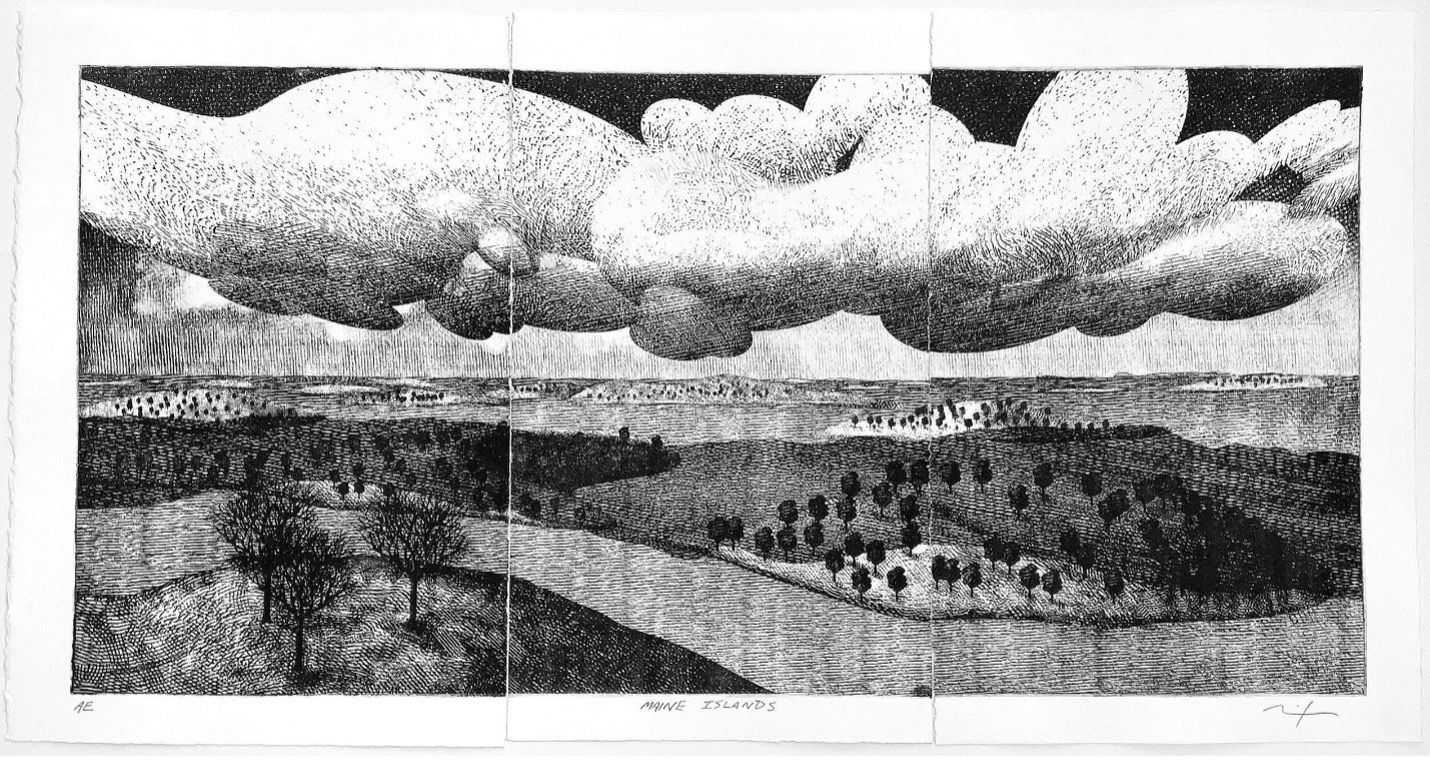
Maine Islands, Andrew Nixon, intaglio print, 2023
WS 07 - Full Day
Procreate Skills for Traditional Artists
Date: Thursday, July 17
Time: 8:00 AM – 5:00 PM
Participants: Min. 5 – Max. – 25
Instructor: Andrew Nixon
Cost: $120
In this full-day workshop, artist Andrew Nixon demonstrates how the software Procreate® can enhance and re-create traditional practices of drawing, painting, printmaking, and illustration. An advocate of traditional skills, Nixon will explain why traditional artists are best equipped to take advantage of digital technology. Broadly applicable to many visual disciplines, this presentation offers new creative options in your journey from initial idea to finished work. Providing concrete examples, Nixon explores how this beautifully designed and powerful software can lead your artistic practice in new directions.
Participants will learn new digital skills to advance and complement their traditional artistic practices and will find ways to place their work in a new context, with new opportunities for artistic growth.
In addition to discovering a new option for creating finished work, participants will find a quicker and more thorough way to work through their artistic ideas.
Participants should possess traditional drawing skills.
Requirements:
- An iPad with Procreate®, Version 5.3.14 (latest version)
- An Apple Pencil (2nd generation) with one of these iPad models:
- iPad Air (4th generation and later)
- iPad Pro 12.9-inch (3rd generation and later)
- iPad Pro 11-inch (1st generation and later)
-or-
- An Apple Pencil (1st generation) with one of these iPad models:
- iPad (6th, 7th, 8th, and 9th generation)
- iPad (10th generation)*
- iPad Air (3rd generation)
- iPad Pro 12.9-inch (1st and 2nd generation)
- iPad Pro 10.5-inch
- iPad Pro 9.7-inch
For more information:
https://www.andrewnixon.net/
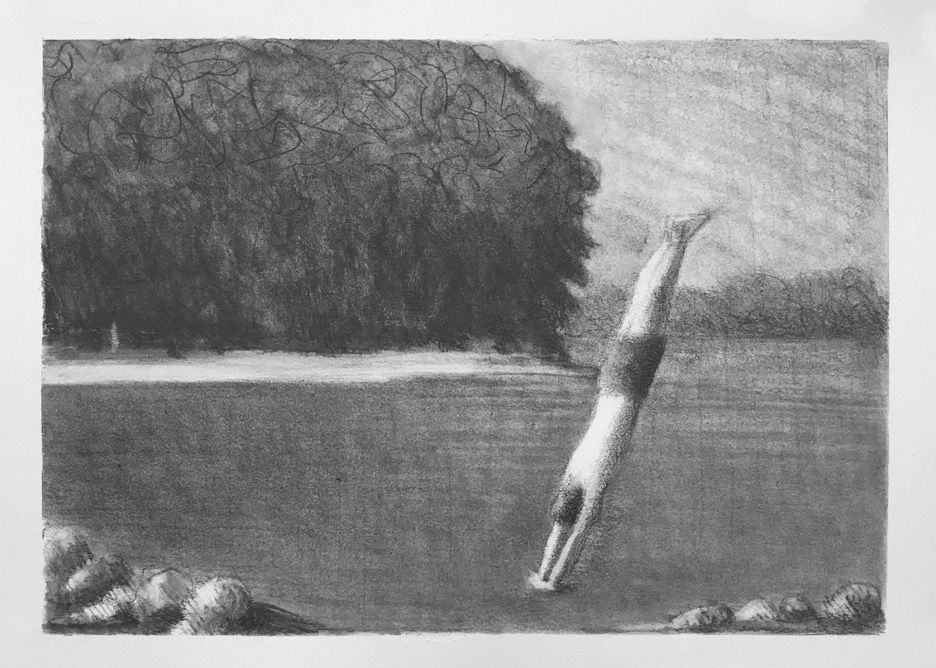
Diver, Andrew Nixon, Graphite on Paper
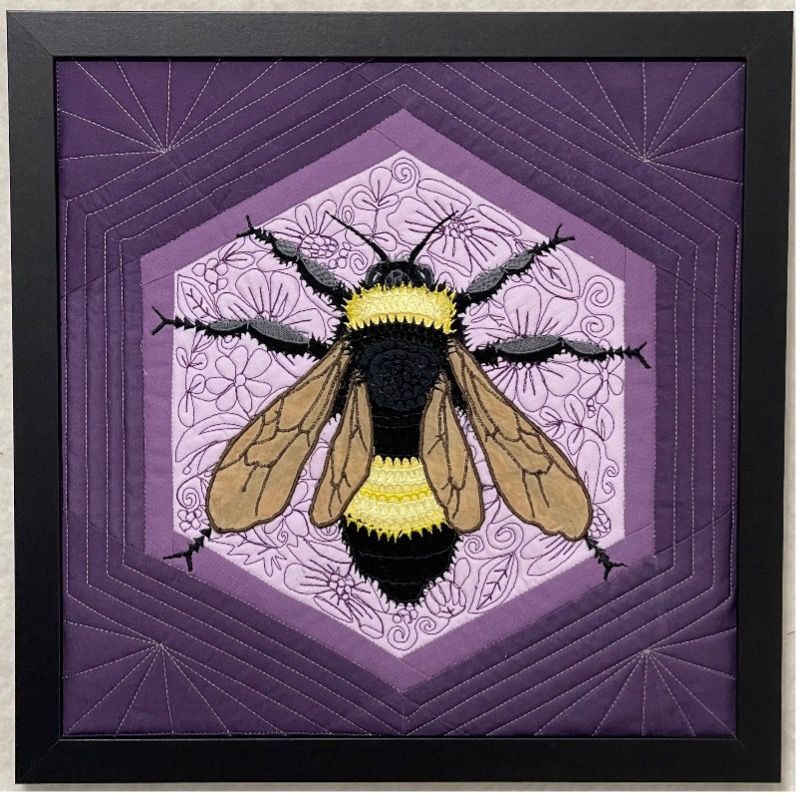
Bee, Kathy DeVries
WS 08 - Half Day
Quilted Arts –
Transforming Drawings to Fabric
Date:
Friday, July 18
Time: 8:00 AM – 12:00 PM
Participants: Min. 5 – Max. – 15
Instructor: Kathy DeVries
Cost: $60 + $20 Materials fee*
*Materials fee will be collected directly by the instructor at beginning of the workshop.
Kathy Devries is a long-time member of GNSI, a graduate of the Rhode Island School of Design Natural Science Illustration Program, and also teaches nature journaling and art workshops. Her Illustrations take on new meaning through the richness of fiber arts. Since the founding of this American art form in the late 1700s, quilters have expressed their visions of the natural world using fabric and thread. This workshop will explore the use of the fusing and machine embroidery method starting with a basic illustration, a painting, or a drawing.
The class will use a lightboard and various papers to transform a simple pattern from a drawing or photo, into a small 8x8 fused and quilted square. You will learn basic pattern creation and fusing on fabric techniques. We will discuss how fabric (from solids to patterns) and thread, like colored pencils or paint, provide many possibilities to express your work.
After completing the small square, Kathy will demonstrate various threads and sewing techniques and give ideas for finishing your piece at home using a sewing machine. Attendees will not need to bring a sewing machine to class, though several will be available for practice.
Come with ideas of drawings or photographs to create a quilted piece of art. Kathy will work both with beginners and experienced quilters, though some (hand or machine) sewing experience is helpful.
Learn about simple pattern creation from a drawing, illustration, or painting, to create a small quilted piece. Attendees will be taught and practice fusing fabrics together. Sewing finishing techniques will be demonstrated and practiced.
Materials provided:
- Fuse sheets
- Various cotton fabric options - solids and prints
- Handout
- Dissolvable pens
- Basic illustration
- Cotton batting
- Backing fabric (precut)
- Sewing machime
- Several small irons
Materials to bring:
- Optional: your choice of cotton fabrics
- Optional: photo and illustration
- Sewing scissors - will send specifics
- Needles and thread - will send specifics
- Optional: sewing machine if you want to bring along
For more information: https://www.kathydevriesdesigns.com/
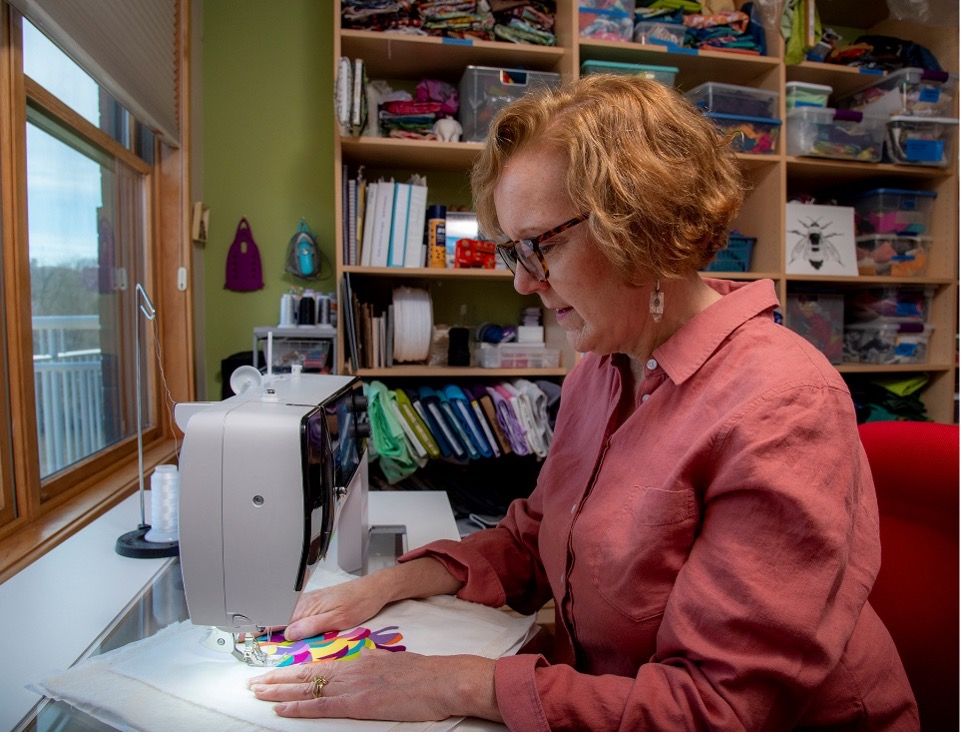
Kathy DeVries. Photo by Stephanie Bartz
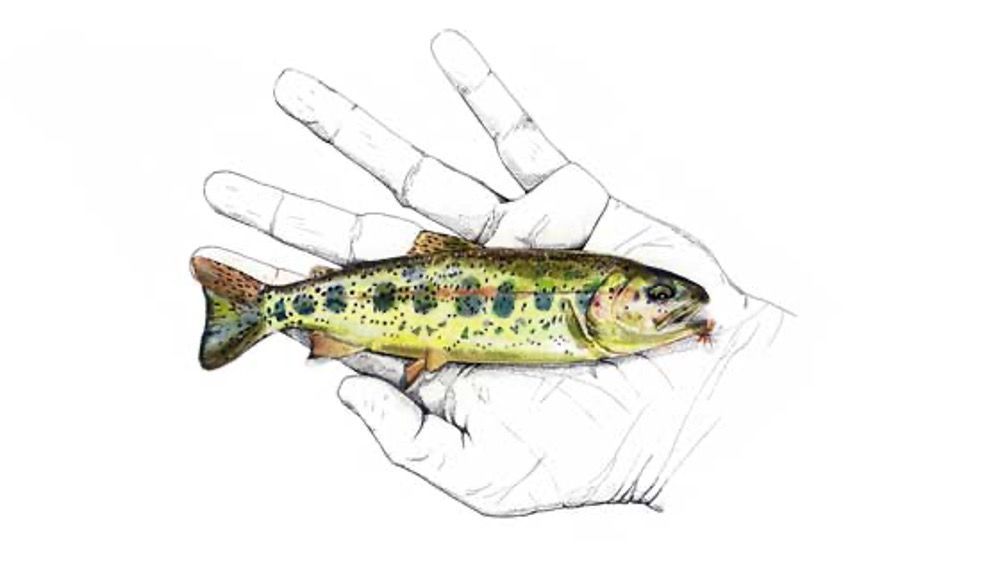
Dana Fork Rainbow Trout
WS 09 - Full Day
Illustrating Fishes –
History and Techniques
Date:
Friday, July 18
Time: 8:00 AM – 5:00 PM
Participants: Min. 5 – Max. – 15
Instructor: Karen Talbot
Cost: $120 + $20 Materials fee*
*Materials fee will be collected directly by the instructor at beginning of the workshop.
Karen Talbot is an award-winning scientific illustrator and conservation artist known primarily for her work with fish, birds and botanicals. Living on the rocky coast of midcoast Maine, Karen takes her inspiration from oceans, streams, canyons, and mountains where she regularly dives, fishes and climbs.
During this full-day workshop, students will be introduced to the history and practice of illustrating fish for scientific purposes from the 18th century to today. The day will begin with a presentation addressing the chronology of scientific illustration specific to fish, with an emphasis on why traditional illustration is still important. Students will then be introduced to the tools, procedures, and best practices for working with specimens in the studio space. The second half of the workshop will be dedicated to guided illustration in a variety of media working with fish specimens.
Participants will be introduced to the history, importance, and contemporary relevance of illustrating fish for scientific purposes. They will also gain the knowledge to both acquire and work with specimens in their own studio using best practices, tools and procedures.
Additionally, students will practice how to visualize, plan, and implement a scientific illustration from start to finished drawing.
Materials supplied:
- Water-based Colored Pencils
- Paper
- Dissection Trays and Materials
- Rulers
- Brushes
- Specimens
- Tracing paper
Materials required:
- Pencils
For more information: http://www.karentalbotart.com
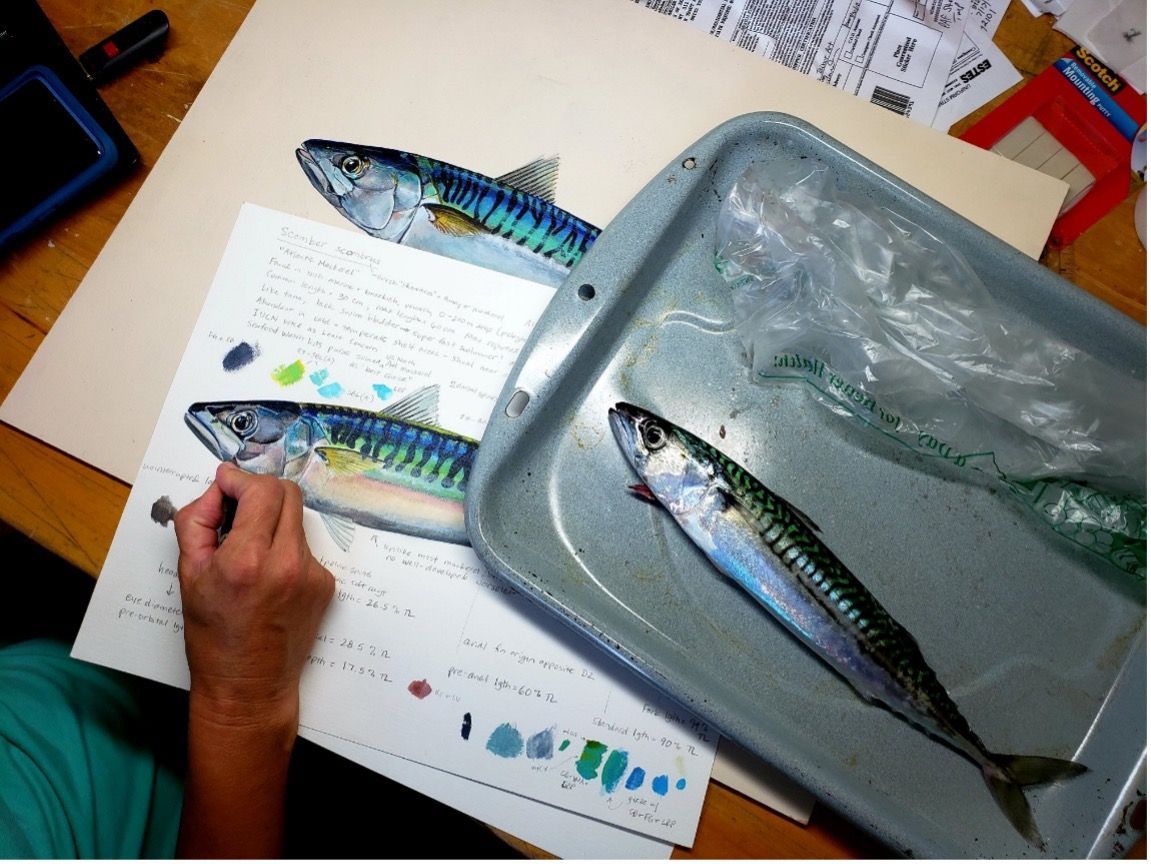
Atlantic Mackerel Study Illustration workshop
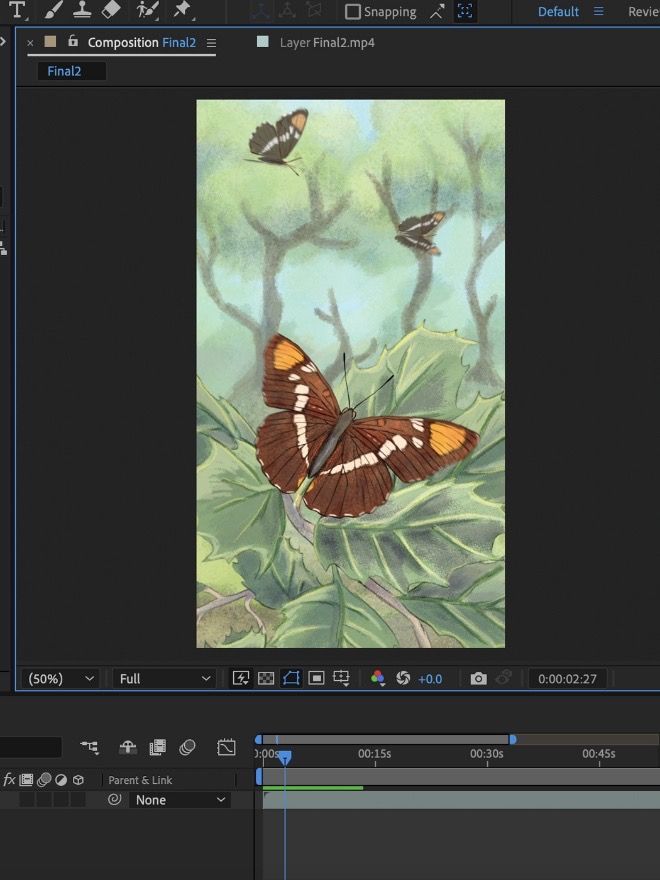
Screenshot from an animation project for the Xerces Society, California Sister (Adelpha californica), Haley Grunloh, Adobe After Effects, December 2024
WS 10 - Two Full Days
Intro to Motion Design
Adobe After Effects for Illustrators
Date:
Friday, July 18 - Saturday, July 19
Time: 8:00 AM – 5:00 PM
Participants: Min. 5 – Max. – 15
Instructor: Haley Grunloh
Cost: $240
Learn to make your paintings dance! Participants will be guided step-by-step through the process of animating a simple scene with a butterfly flapping its wings. We will cover: how to plan and prepare a PSD file to be animated; the basic layout and functions of After Effects; rigging simple puppets and setting keyframes; automating movement with expressions and working with 3D effects. Previous experience in After Effects is not required, but students must have a solid background of Photoshop and/or Illustrator.
You will learn:
- how to plan a digital illustration so it can easily be used in animation;
- about the basic functionality of Adobe AfterEffects-creating a project;
- importing files;
- rigging puppets/assets;
- setting keyframes.
Fun extra effects! Once we have the basics down, we’ll introduce some useful tips and tricks to experiment with:
- Adding lighting or texture effects;
- Animating text;
- Working in 3D space;
- Using expressions to automate motion.
Prerequisite:
- Previous experience with Adobe Photoshop
- Bring your own laptops loaded with the appropriate software (Computer with Adobe Photoshop and After Effects)
Or
Use Windows PC’s located in Lab
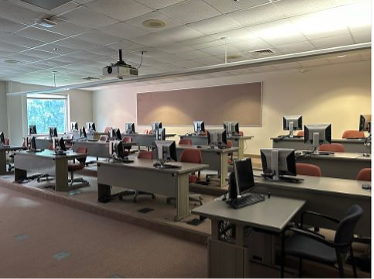
System Requirements:
https://helpx.adobe.com/after-effects/system-requirements.html
Load the trial version of Aftereffects for 7 days:
https://www.adobe.com/products/aftereffects/free-trial-download.html
Materials Supplied:
- Instructions & notes PDF
- PSD demo file
- Keyboard Shortcut PDFs
For more information about the instructor:
http://www.haleygrunloh.com/
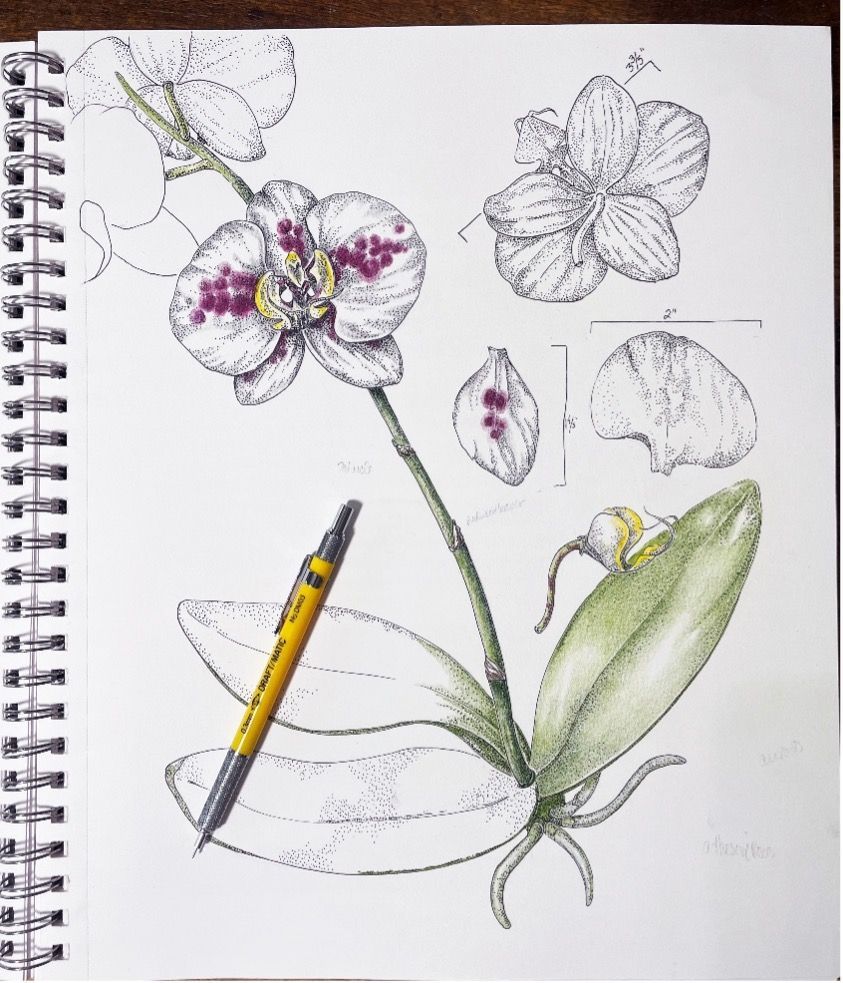
Orchid Sketchbook, Betsy Barry
WS 11 - Half Day
Capturing Nature in Colored Pencil
Date:
Saturday, July 19
Time: 8:00 AM – 12:00 PM
Participants: Min. 5 – Max. – 25
Instructor: Betsy Barry
Cost: $60
Explore colored pencil techniques used to create sketchbook studies and ultimately finished works, focusing on plants and other specimens in nature!
Participants will organize a sketchbook, by studying a subject with notes and sketches. They will then transfer the information to a final paper to create an interesting composition for a final-colored pencil piece.
The instructor will bring subjects to draw but participants may bring their own materials.
Provided:
- Subjects for participants to draw
Materials required:
- Sketchbook
- Pencils
- Tracing paper
- Colored pencils
- Good quality paper to draw a final composition.
For more information:
https://www.betsybarry.com
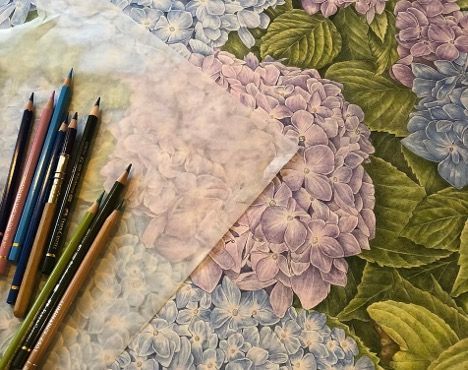
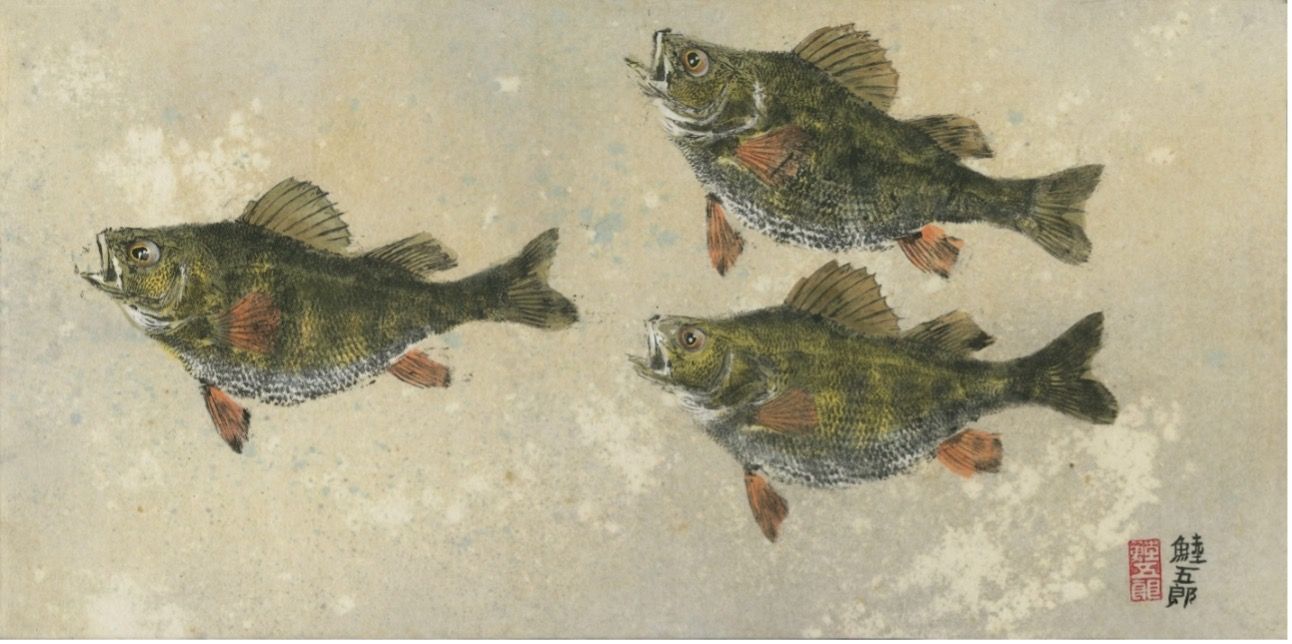
Yellow Perch Trio
WS 12 - Full Day
Basic Chokusetsu-ho –
Japanese direct fish printing
Date:
Saturday, July 19
Time: 8:00 AM – 5:00 PM
Participants: Min. 5 – Max. – 15
Instructor: Stephen Mutsugoroh DiCerbo
Cost: $120 +$30 materials fee*
*Materials fee will be collected directly by the instructor at beginning of the workshop.
Spend an incredible day partaking in a journey into this ancient, yet new, folk-art form that embraces familiar materials and the innovative techniques developed by long time Guild member and certified Gyotaku printmaker Stephen Mutsugoroh DiCerbo. Mutsugoroh has been printing fish since the 1980s and has studied under the tutelage of sensei Mineo Ryuka from Higashimatsuyama City, Japan.
Stephen Mutsugoroh DiCerbo grew up wandering about and exploring the Adirondack Mountain Region of upstate New York. Ever enchanted by the outdoor surroundings he seeks out, Stephen expresses this wonder of the natural world in the art he produces. He obtained an Associate of Science Degree in Fish and Wildlife Technology in the early 1980s, and years later, pursued and completed a Bachelor of Sciences degree in Science Illustration.
Gyotaku is a printmaking method that reaches back to the nineteenth century in Japan as fishermen’s way to record their catch. The literal translation of the word is “fish stone rubbing”. It is believed to be inspired by Chinese stone rubbings of calligraphy, which eventually gave rise to modern printing. Since then, Gyotaku has evolved into a fine art with continued refinement and exploration of materials and methods. It has also been used as a method for Natural Science Illustration.
Spend an incredible day partaking in a journey into this ancient, yet new, folk-art form that embraces familiar materials and the innovative techniques developed by long time Guild member and certified Gyotaku printmaker Stephen Mutsugoroh DiCerbo. Mutsugoroh has been printing fish since the 1980s and has studied under the tutelage of sensei Mineo Ryuka from Higashimatsuyama City, Japan.
In 2014, Stephen was honored with the title of Master Gyotaku Printmaker. He strongly believes in passing on the knowledge and joy of this art and love of working with ichthyological
subjects.
Students will learn Stephen’s version and technique of the direct style of Gyotaku, including knowledge and access to materials and equipment. All necessary materials and supplies, including the fish, will be provided. The workshop includes a printed manual and materials source list that can be used to continue pursuing the printing after the workshop has concluded. Expect to complete 1-3 traditional prints, tinted with layered colored washes.
interview with the artist:
